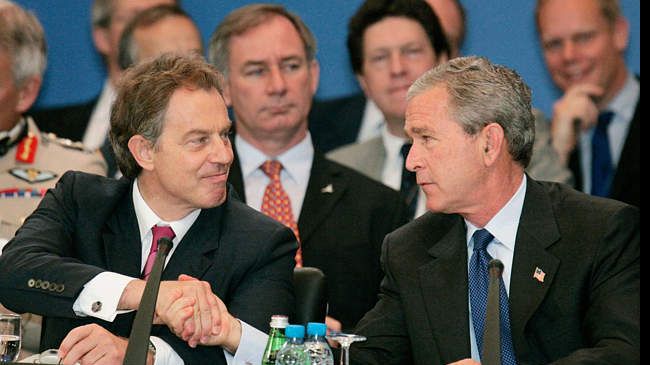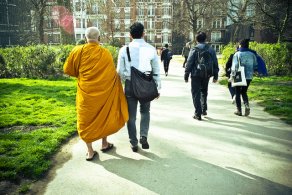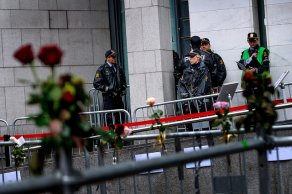
Readiness is about more than simply the emergency services and the other key homeland-security institutions. It is about all of us and our shared values, what Jens Stoltenberg in the days after 22 July 2011 spoke of as the need for more democracy, openness and humanity. Photo: Sjur Stølen
Five years have passed since the shocking events of 22 July 2011. We still notice how these events have taken hold of us. We notice it all the more when similar terrorist attacks take place elsewhere in the world: in Istanbul, Dallas or Nice. We shed tears in sympathy with the victims. And of course we fear for our own safety.
One of the most important debates that follows in the wake of terrorism is the debate about readiness and security. The newspaper Dagbladet deserves credit for its active coverage of Norway’s state of readiness. What have we learnt? What has been done? What has not been done? Are we capable of protecting our own population?
These questions are both important and timely, and much of the debate has been of high quality. But readiness is not only about the emergency services and other key homeland-security institutions. Read More
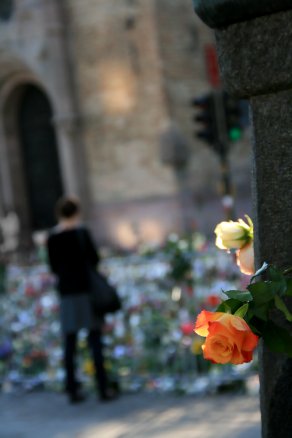
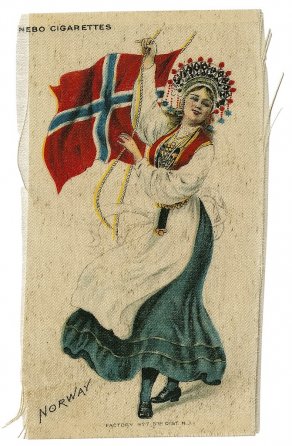
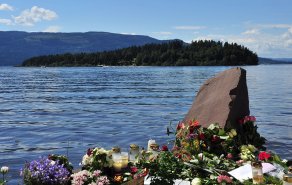
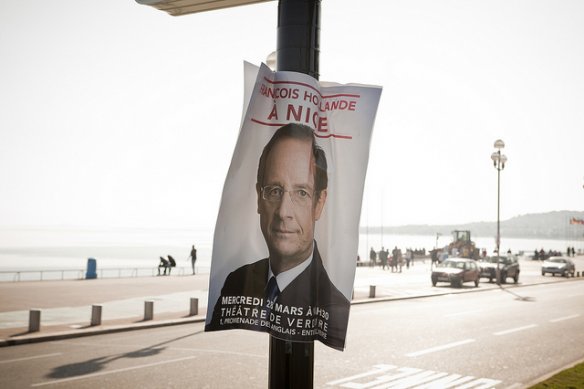
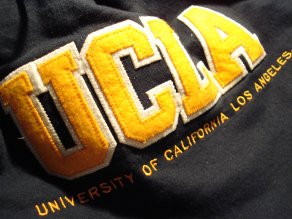 Wednesday June 1st was my last day of Spring Quarter teaching at UCLA. At 9:50am, a BruinAlert trickled into my inbox announcing “Police Activity at Engineering Building 4. Avoid area until further notice” and a few minutes later “Shooting at Engineering 4. Go to secure location and deny entry (lockdown) now!” I did not notice, as I was busy preparing for my review lecture at 11:30am; I also did not see the flood of e-mails from students starting at 10am saying: “I just heard there’s a shooter loose on campus and I’m staying home”. At 10:15am, NBC interrupted its regular programming to announce that a shooting event was reported in progress at UCLA; the news helicopter was already on the way.
Wednesday June 1st was my last day of Spring Quarter teaching at UCLA. At 9:50am, a BruinAlert trickled into my inbox announcing “Police Activity at Engineering Building 4. Avoid area until further notice” and a few minutes later “Shooting at Engineering 4. Go to secure location and deny entry (lockdown) now!” I did not notice, as I was busy preparing for my review lecture at 11:30am; I also did not see the flood of e-mails from students starting at 10am saying: “I just heard there’s a shooter loose on campus and I’m staying home”. At 10:15am, NBC interrupted its regular programming to announce that a shooting event was reported in progress at UCLA; the news helicopter was already on the way.